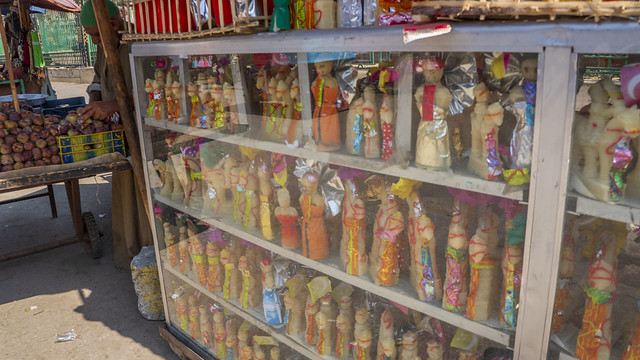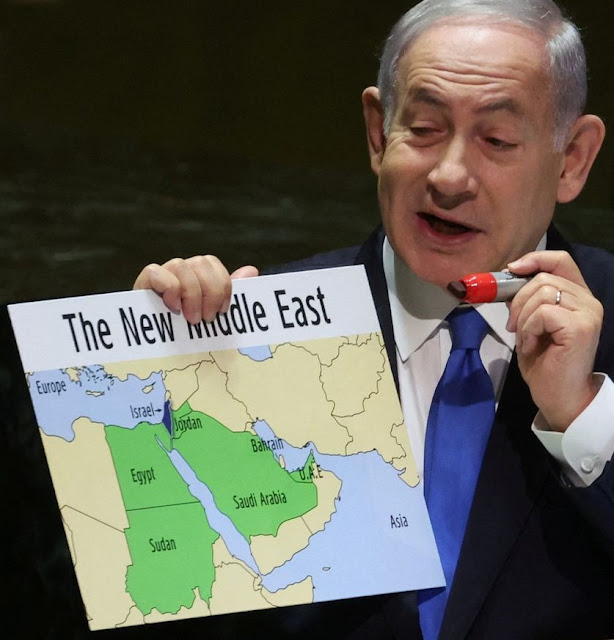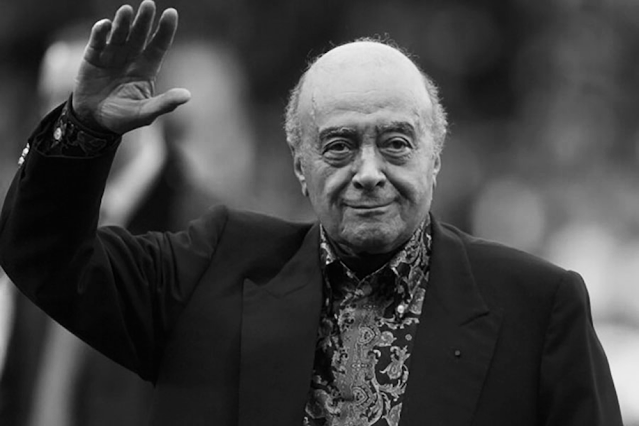Happy Moulid El-Nabi to all Muslims around the globe
Tonight, nearly one billion and a half Muslims around the world celebrate the birthday anniversary of Prophet Muhammad (PBUH). This holiday is commonly known in Arabic as "El-Moulid El-Nabawy" and in Egyptian Arabic colloquial as "Moulid El-Nabi."
El-Moulid El-Nabawy is observed on the 12th of Rabi Al-Awwal in the Islamic calendar, which falls on September 27th this year. In Egypt, we will not have Wednesday off because the government declared Thursday a day off since 2020 whenever a public holiday falls on a weekday, exempting Eid Al-Fitr, Eid Al-Adha, and Coptic Christmas.
 |
| Moulid Sweet's empty cartoon boxes |
To celebrate Moulid El-Nabi, I visited a makeshift market in El-Sayeda Zeinab, a popular neighbourhood in Cairo. I was originally planning to visit Bab El-Bahr, the centre point of making El-Moulid sweets, to see how the centuries-old authentic Egyptian sweets are still handmade today. However, due to work pressure, I found El-Sayeda Zeinab's market to be a quick refuge, and I am glad that I did.
I found a whole stand dedicated to the original Egyptian sugary Arouset and Housan, also known as sugary dollie and horse in Arabic.
 |
| The Moulid dollies and horses stand at El-Sayeda Zeinab |
It is widely accepted among historians that the origins of the current Moulid sweets in Egypt, especially Arouset El-Moulid (the "dollie") and Housan El-Moulid (the "horse"), can be traced back to the Fatimid era.
According to legend, in commemoration of the Prophet Mohamed's (PBUH) birthday, the Fatimid Sultan would lead a procession through the streets atop his horse, accompanied by one of his wives dressed in a white gown and adorned with an intricately decorated crown.
 |
| The Moulid Housan or Horse with all its decoration |












